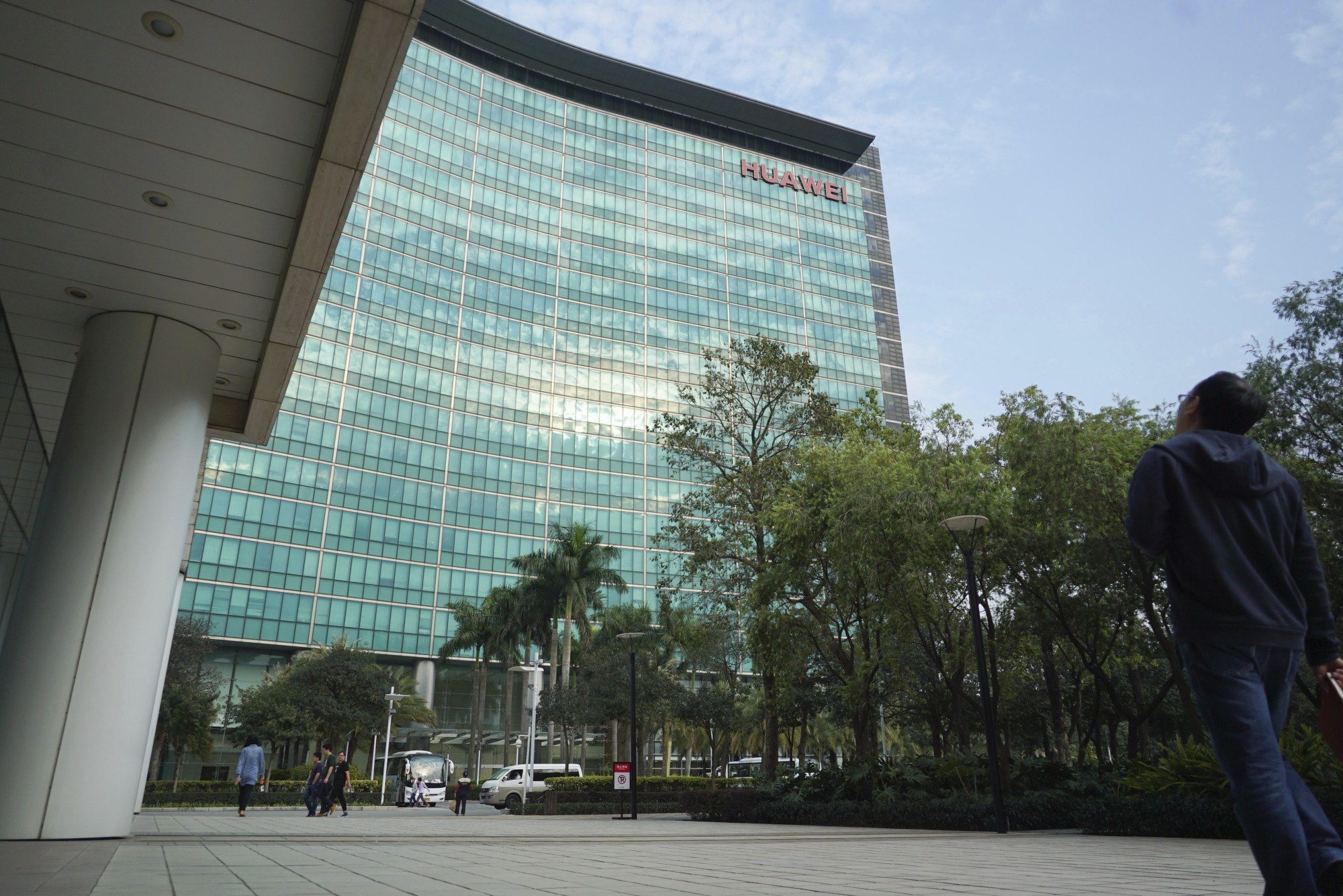The surprise arrest of Meng Wanzhou, chief financial officer of Huawei Technologies Co., has thrust the company into a political firestorm and deepened a core threat: that more and more countries will blacklist its switches, routers and phones out of growing concern that they could be hijacked by foreign spies.
Yet inside Huawei's Shenzhen headquarters, a secretive group of engineers is toiling away heedless to such risks. They are working on what is next — a raft of artificial intelligence, cloud-computing and chip technology crucial to China's national priorities and Huawei's future. As the trade war drags on, China's government has pushed to create an industry that is less dependent on cutting-edge U.S. semiconductors and software.
Meng's detention, far from slowing these ambitions, will instead speed the fall of this "silicon curtain," when the U.S. and China will no longer provide chips to one another, Gus Richard, a Northland Capital Markets analyst, wrote in a recent report. "Huawei is the icon of the rise of China industrial power," he wrote.



















With your current subscription plan you can comment on stories. However, before writing your first comment, please create a display name in the Profile section of your subscriber account page.